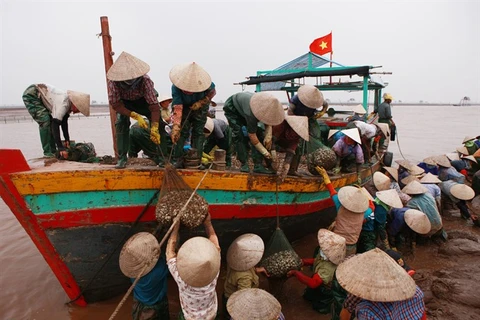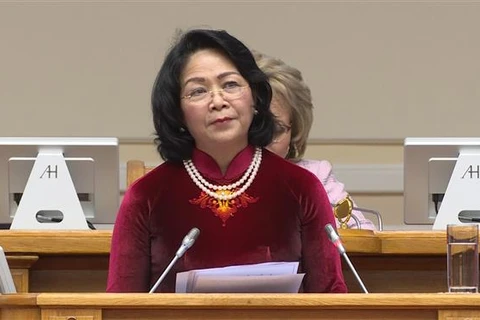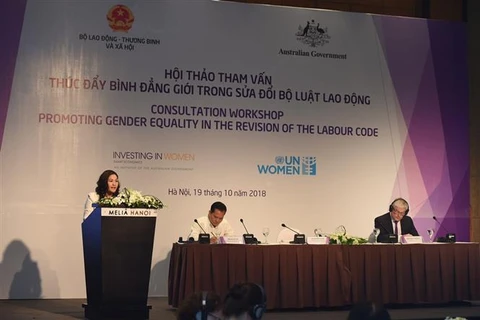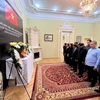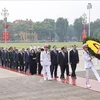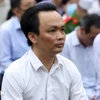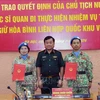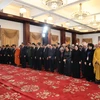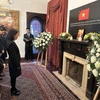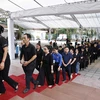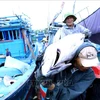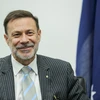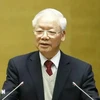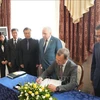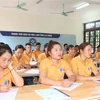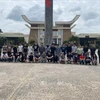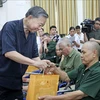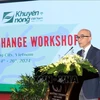Hanoi (VNA) – More than 100 youths joined an event in Hanoi on October 19 in which they added content to Wikipedia by writing new articles and editing existing ones about women experts, role models and heroes in different fields.
This event is a part of the global #WikiGap campaign, originally launched by the Swedish Ministry for Foreign Affairs and Wikimedia Sweden. Similar events have already been held together with local actors and partners in more than 50 countries worldwide to improve women’s representation on the Internet and help create a more gender-equal world.
The event in Hanoi was co-organised by the Swedish Embassy, the United Nations Development Programme (UNDP) and civil society organisations. They joined hands with Wikimedia to highlight achievements of women from Vietnam on the occasion of the National Women’s Day (October 20).
With the initiative, the organisers want to increase the number of women being represented on Wikipedia and help to make the Internet and the society as a whole more gender-equal.
Wikipedia is the world’s largest online and user-generated encyclopedia. Its content influences and colours users’ knowledge about the world. But there is a great imbalance on the website, as in society at large.
Ninety percent of the content is created by men, and there are four times more articles about men than there are about women. The figures vary regionally, but the picture is the same all over the world: the information about women is not only less extensive than that about men. In the Vietnamese version of Wikipedia the numbers are even lower with less than 18 percent of the biographies are about women.
Speaking at the event, Swedish Ambassador Pereric Högberg said, "Wikipedia is a modern form of history writing. By raising the representation of women biographies we will access more information which could help us all to learn, grow and develop."
Caitlin Wiesen, UNDP Country Director in Vietnam, said, “People often think of poverty in terms of access to income, safe drinking water, good education and healthcare – which are all essential. However, we must take care in this time of transition to industrial revolution 4.0, that we do not create new forms of poverty that leave women behind in a deepening digital divide.”
Key to an equal future was empowering women and girls today to be digitally literate so that they could take full and equal advantage of technologies, she said. -VNA
VNA

